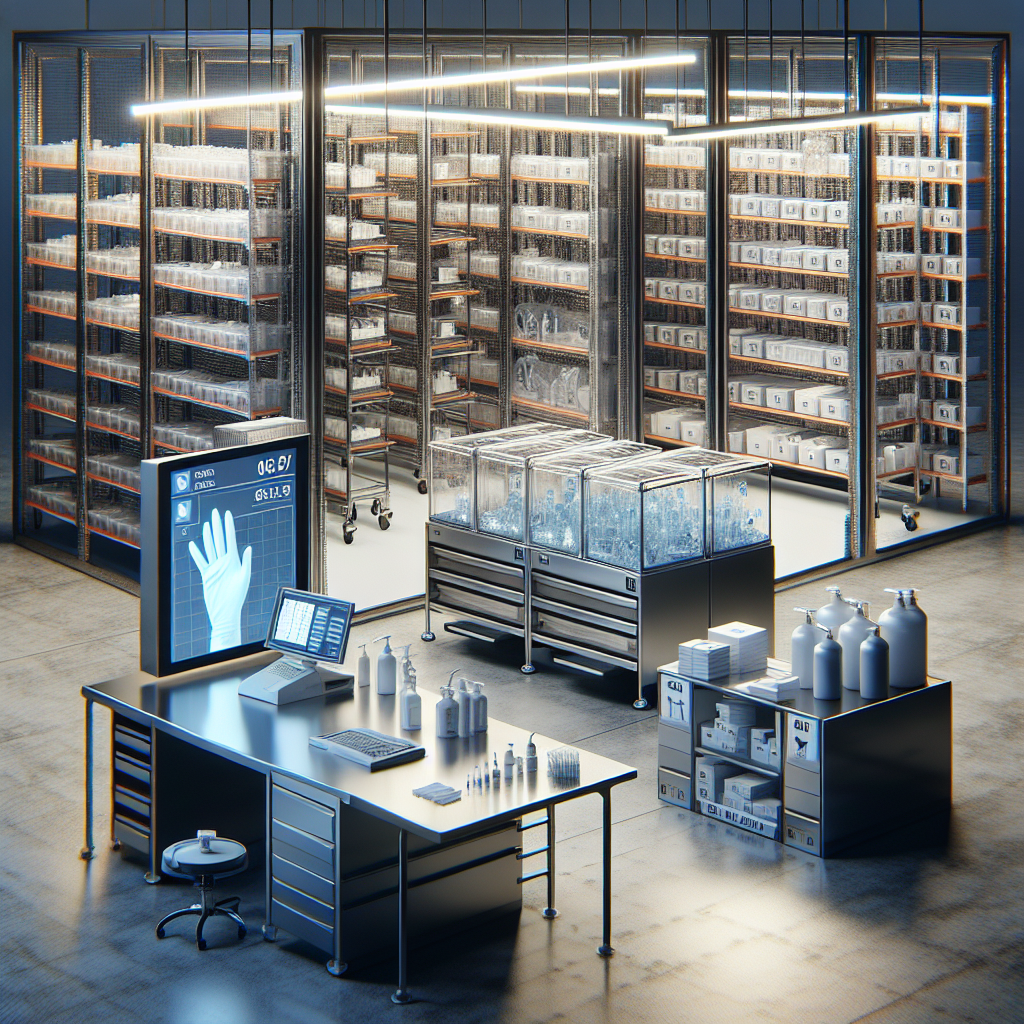One of the most important aspects of proper storage is maintaining a clean and sanitary environment. This includes regularly cleaning storage areas, using sanitized containers, and keeping products covered to protect them from dust, pests, and other potential contaminants. It is also important to store products at the appropriate temperature to prevent spoilage and the growth of harmful bacteria.
Here are some key storage techniques to prevent contamination:
1. Store products at the correct temperature: Different products require different storage temperatures to remain fresh and uncontaminated. For example, perishable foods should be stored in the refrigerator or freezer to slow down bacterial growth, while dry goods such as grains, pasta, and spices should be stored in a cool, dry place to prevent mold and insect infestations.
2. Use proper packaging: Products should be stored in clean, airtight containers to prevent contamination from dust, pests, and other contaminants. It is important to use packaging that is made of food-grade materials and is suitable for the product being stored.
3. Keep storage areas clean: Regularly clean and disinfect storage areas to prevent the buildup of dust, dirt, and harmful bacteria. This includes cleaning shelves, containers, and other surfaces where products are stored.
4. Rotate stock: Rotate products regularly to ensure that older products are used first. This helps prevent spoilage and contamination by ensuring that products are used before they reach their expiration date.
5. Store chemicals properly: Chemicals should be stored in a well-ventilated area, away from food products and other materials that could react with them. Label containers clearly, and store chemicals in their original packaging to prevent spills and contamination.
By following these proper storage techniques, you can help prevent contamination and ensure that your products remain safe and free from harmful bacteria, molds, and other contaminants. Proper storage is essential for maintaining the quality and safety of your products, whether they are food, beverages, medicines, chemicals, or other items. Take the time to establish good storage practices and regularly review them to ensure that your products remain safe for consumption.

